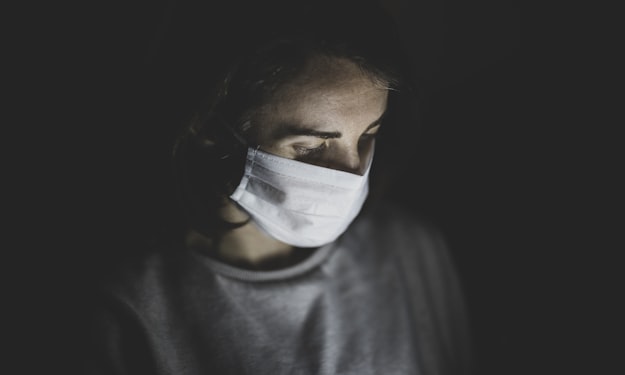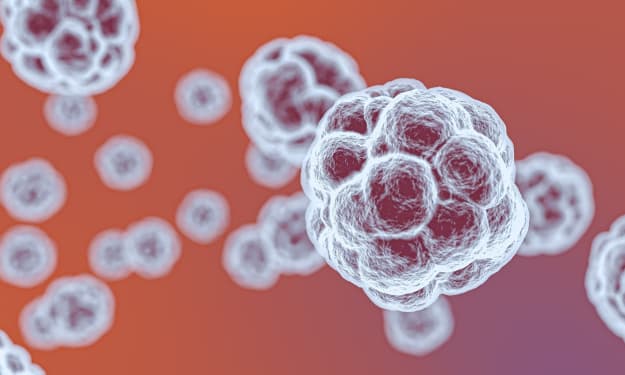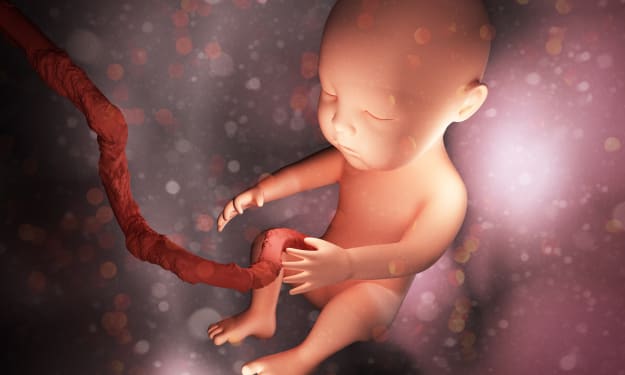
Dave Smith
Bio
Science man.
Stories (12/0)
There are 3 types of COVID-19 tests on the market - which one is the best?
With a 90% effective vaccine on the horizon, there may finally be an end in sight for the coronavirus pandemic. But the vaccine still has a number or safety and logistical hurdles it needs to clear, with the elderly and vulnerable at the front of the queue. Until the vaccine becomes widely available, routine testing has never been more important. With that in mind, let's take a look at the coronavirus testing options currently available.
By Dave Smith3 years ago in Longevity
Do Those Cheap, Over-The Counter Paternity Tests Actually Work?
UK discount store Home Bargains famously sells a home paternity test kit that costs just £4.99. The kit contains a set of mouth swabs (one for the child, one for the potential father), consent forms, and envelopes used to send the completed kit to a UK testing lab. The company that produces the tests promise to analyse your samples and have your results ready the next working day, using cutting-edge DNA science.
By Dave Smith5 years ago in Families
- Top Story - August 2019
D-Day Siblings Reunited 75 Years LaterTop Story - August 2019
On 6th June, 1944, allied forces undertook what became the biggest seaborne invasion in history. In what was known at the time as "Operation Neptune," 160,000 American, British, Canadian, Australian, New Zealand and other allied soldiers stormed a 50 mile stretch of heavily-fortified coastline in Normandy, in Nazi-occupied France, landing in amphibious craft and immediately coming under heavy fire. The operation has been re-imagined in countless movies, TV shows and video games—perhaps most famously in Steven Spielberg's 1998 film Saving Private Ryan.
By Dave Smith5 years ago in Serve
Has the Science Behind Gender Dysphoria Been Discovered?
Do transgender men and women carry genes that influence their gender identity? That's the basis of a new study by scientists from Augusta University in Georgia, who believe that there is genetic component to gender dysphoria—a condition where a person feels stress & anxiety due to a mis-match between their biological gender and their gender identity.
By Dave Smith5 years ago in Longevity
Cannabis Could Be Legal in the UK in the Next 5-10 Years
Three British MPs predict that cannabis will be made fully legal in the UK within the next 5-10 years. Jonathan Djanogly (Conservative), David Lammy (Labour) and Sir Norman Lamb (Liberal Democrats) made the statement following a fact-finding visit to Canada—the first G7 country to fully legalise the drug for recreational use (it's also legal in certain US states).
By Dave Smith5 years ago in Potent
- Top Story - August 2019
How Accurate Are Those Home DNA Tests?
Analysing a person's DNA was once a difficult, time-consuming, and expensive task—reserved for the police, and performed in high-tech laboratories. But these days, you can pick up a home paternity test from a discount store for as little as £5 (plus a lab fee of around £100 for processing the samples). But can you really trust a cheap, at-home DNA test?
By Dave Smith5 years ago in Families
Are My Twins Identical?
"Are my twins identical?" It might sound like a simple question to answer, but in reality it's not always easy to tell. What happens if you have a set of same-gender twins who look similar? There are two possibilities: they could in fact be identical—or—they could simply be non-identical twins who just happen to share similar physical features (as many siblings do). Not even doctors & midwives can be certain in all cases, and it's not always possible to get a definitive answer from an ultrasound scan. Contrary to what some people believe, identical twins don't share identical fingerprints—they are formed randomly in the womb.
By Dave Smith5 years ago in Families
The US Government Wants to Ramp Up DNA Testing at the Southern Border
Immigration and Customs Enforcement (ICE) have confirmed that they are using rapid DNA testing at seven locations along the US-Mexico border, in order to identify groups of people falsely claiming to be families. The technology can produce a result in around 90 minutes—compared to the previously used police testing process which would take weeks.
By Dave Smith5 years ago in The Swamp
You Can Now Do a DNA Test Before a Baby Has Even Been Born
DNA testing as we know it has been around since the 1980s, when the development of PCR finally gave scientists an accurate, reliable way to test if two individuals were related. But it probably wasn't until the late 90s and early 2000s that the idea of a DNA test really entered the popular conversation, thanks to reality talk shows such as The Jeremy Kyle Show in the UK and The Jerry Springer Show in the States. Today, there are several commercial companies that can perform a paternity test and settle family disputes, using little more than a cheek swab taken from the child, and their alleged father.
By Dave Smith5 years ago in Futurism













